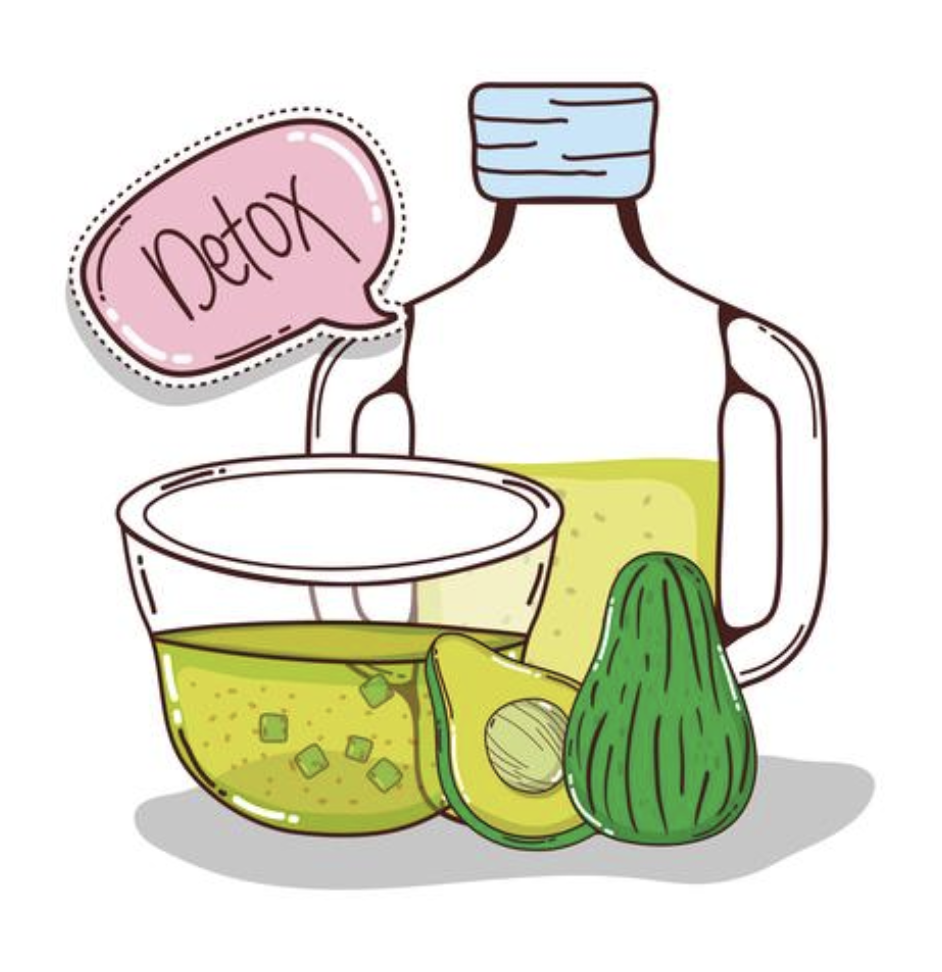
In recent years, “What I Eat in a Day” videos have begun dominating the YouTube algorithm, and it seems like everyone from fitness channels to lifestyle vloggers have hopped on this rising trend. While these videos can certainly be a fun way for creators to share a little bit about their daily routines, cultural influences, and dietary preferences, they can also be chock full of untrue and occasionally harmful misinformation. Here’s the science behind some of the most common diet myths creators *swear by*:
- “Drinking lemon water in the morning will “boost” your metabolism”
While it’s always a great idea to start your day hydrated, that’s about all the benefit lemon water provides. Currently, there is no research to back the claims that eating or drinking certain foods can “boost” (i.e. speed up) your metabolism in any way that is substantial or prolonged enough to aid in weight loss.
2. “Green juice ‘cleans out’ your digestive system”
Enjoying fruit or veggie juice is completely fine from time to time, but when you substitute the whole food for just the juice you’re missing out on all the fiber that food provides. Fiber—usually found in the skin or body of produce—is essential for a well-regulated digestive system and proper bowel function, so in many ways juicing is actually counterproductive for digestive health.
3. “Certain teas will ‘detox’ your body and reduce bloating”
First off, it’s neither possible nor necessary to “detox” your body—we have multiple systems that rid our body of waste all on their own (kidneys, liver, etc.) Teas and other detox products often contain large amounts of natural laxatives which give you the illusion of being “cleansed,” and may help reduce bloating for a short time. However, overconsumption of these teas can lead to dehydration, electrolyte imbalance, and even dependence on the product for just “regular” bowel movements. In the long run, detox products can actually worsen the problem and cause real harm to your body.
Informational resources:
U.S. National Library of Medicine https://medlineplus.gov/ency/article/002257.htm
Abbey Sharp, R.D. https://www.youtube.com/channel/UCKLz-9xkpPNjK26PqbjHn7Q
